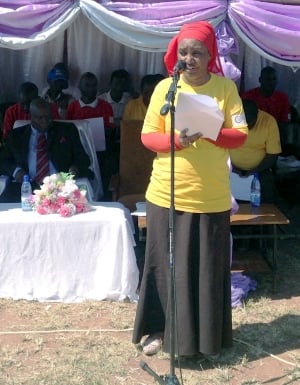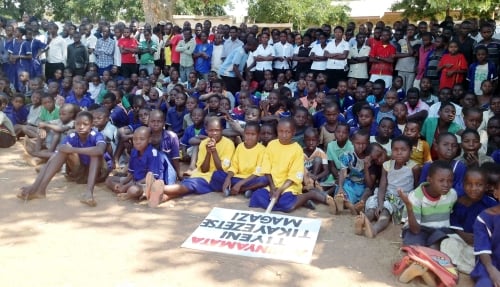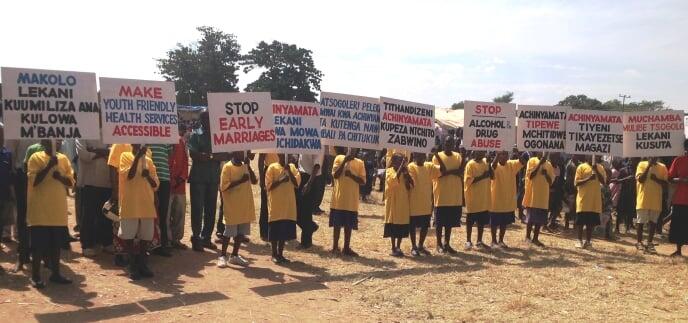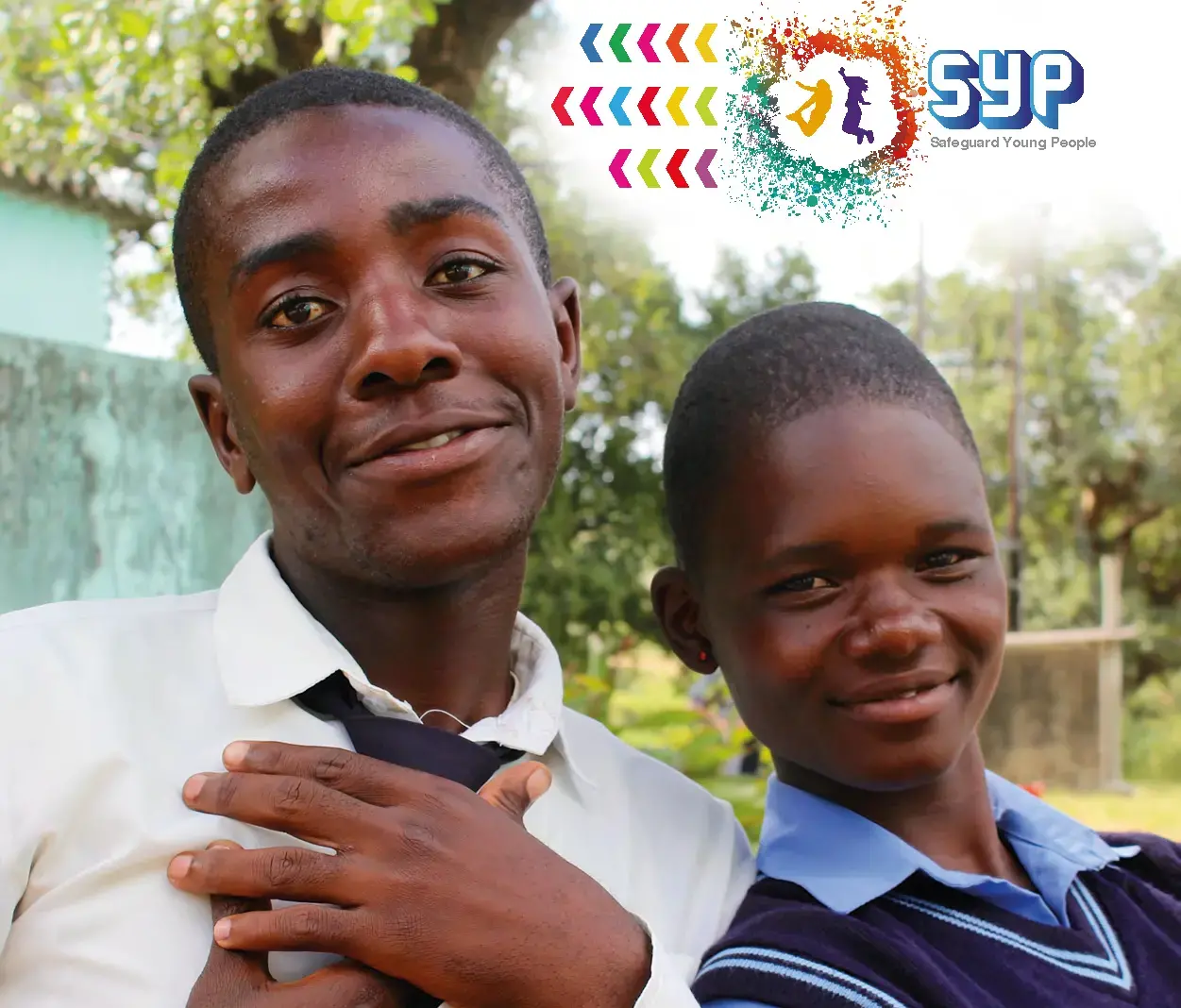LILONGWE, Malawi — Malawi has become one of the first countries in UNFPA’s East and Southern Africa Region (ESAR) to launch the new Safeguarding Young People (SYP) Programme, a regional initiative that aims at reviewing laws and policies that negatively affect young people.
The programme will also look at the provision of comprehensive sexuality education, strengthening of youth networks, strengthening documentation of evidence and the provision of youth-friendly sexual and reproductive health services, including family planning.
SYP will be implemented in eight countries – Malawi, Botswana, Zimbabwe, Swaziland, Lesotho, Zambia, South Africa and Namibia – with financial support from the Swiss Development Cooperation (SDC). Malawi launched the programme in Mchinji district, using the theme ‘Safeguard Young People – End Child Marriage.’

UNFPA Malawi’s Acting Resident Representative, Dr. Rogaia Abdelrahim, said at the launch that the programme would complement the Government’s efforts to ensure that issues related to the youth, especially adolescent girls, are prioritized in the quest to improve their lives.
“The challenges facing the youth today are so many. African adolescents and young people face a complex set of risks and vulnerabilities that impede their health, education and economic opportunities, and Malawian young people are no exception. In addition young people, especially girls, are subjected to sexual exploitation, unsafe abortion, harmful cultural practices and forced marriages, and many of them drop out of school.”
Malawi has a population of over 13 million, 52 per cent of which is below the age of 18 years and 85 per cent of which lives in rural areas, where most of the harmful cultural practices take place.
“Consequently, child and early marriages are rampant in Malawi and half of all adolescents are married before their nineteenth birthdays. Among those aged 15 to 19 years, the birth rate is 152 per 1,000. Malawi’s maternal mortality ratio of 675 per 100,000 live births is one of the highest in the Sub-Saharan Africa region, although there has been a decline over the years. The SYP will work on ensuring that these challenges are addressed,” Dr. Abdelrahim said.
Dr. Abdelrahim said a 2013 study on socio-cultural practices in the country revealed a number of harmful practices, such as initiation ceremonies at which boys and girls are prepared for and encouraged to engage in sex before marriage and young women and men, boys and girls are subjected to practices such as ‘sexual cleansing’ and ‘bonus wives’, which involve unprotected sex.
“As we launch this programme we must remember that Malawi has the highest youth population in Africa, with 73 per cent below the age of 29 years, 67 per cent below the age of 25 and 52 per cent below the age of 18 years. It has been argued that this trend will continue for the next 40 years. The youth population bulge can be an opportunity only if the government invests adequately in young people. Investing in young people today by promoting healthy habits and ensuring education and employment opportunities, access to health services, and social security coverage for all workers is the best investment to improve the lives of future generations,” said Dr. Abdelrahim.
UNFPA launched the SYP in conjunction with the Government of Malawi through its Ministries of Youth and other key line ministries.
Principal Secretary for Youth, Justin Saidi, commended UNFPA for supporting the Government of Malawi’s efforts in terms of youth programmes and pledged to make the initiative work.
“I am glad that we have the support of traditional leaders, who are the custodians of culture. The local leaders have committed to supporting the programme. I am very optimistic that the SYP will transform the lives of young people in this country,” he said.
He emphasized that adolescents and youth are key to the development agenda of any country and that providing them with opportunities is essential for realization of their full potential.

Speaking at the launch, 12-year-old Alinafe Evansi said many young people are eager to participate in new initiatives aimed at safeguarding their rights and their future.
“We want to be able to easily access sexual and reproductive services without being stigmatized. We want to be protected from harmful cultural practices such as early marriage. We also want to be able to stay in school and get well educated so that we build a better world. This new programme, Safeguarding Young People, is really good for us and we are happy that it has been launched here in our area.”
~ Pilirani Semu-Banda




